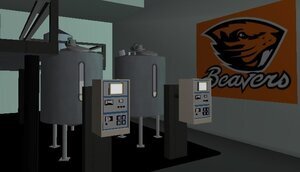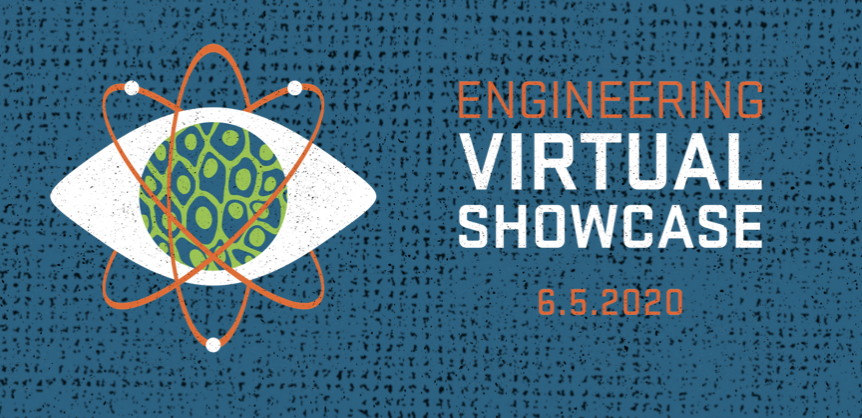
By the end of their studies, engineering undergraduates become successfully situated as students, using knowledge gained in class to be successful in examinations and assignments. This sort of reasoning functions independently of real-life sense making abilities that is needed in the world of engineering practice. Following Felder’s idea that “assessment drives the learning,” this research explores alternative assessment approaches in an engineering science class in order to re-situate students more towards thinking as engineers. Common assessments give tasks with mostly only one appropriate solution path as opposed to a more open-ended task more comparable to realistic engineering situations. In this ongoing work, two student cohorts are given a two-stage midterm exam. The first stage is an individual, traditional closed-book assessment. The second is an open-ended problem solved as teams to determine the sugar reaction rate kinetics of two reactors while applying statistical reasoning in a simulated manufacturing environment with open resources. A technology-based solution is developed where the simulation generates unique reactor data for each individual on a team. The technology solution then prompts student teams to report their results and recommended operation parameters and justifications for those decisions in a survey. These reports are then organized by a developed coding criterion into four main categories: mathematical form, solution strategy, confidence interval, and time calculation. This coding guide consists of key words that allow for clear identification of what approaches students chose in each of these categories. Multiple solution pathways are then mapped and compared both between the cohorts as well as to the results of the traditional midterm assessment. Students’ performance and reasoning are examined, showing how students apply declarative and procedural knowledge from class to an open-ended task situated in engineering practice. An in-class reflection assignment and general student feedback of the technology solution is further discussed as well.
